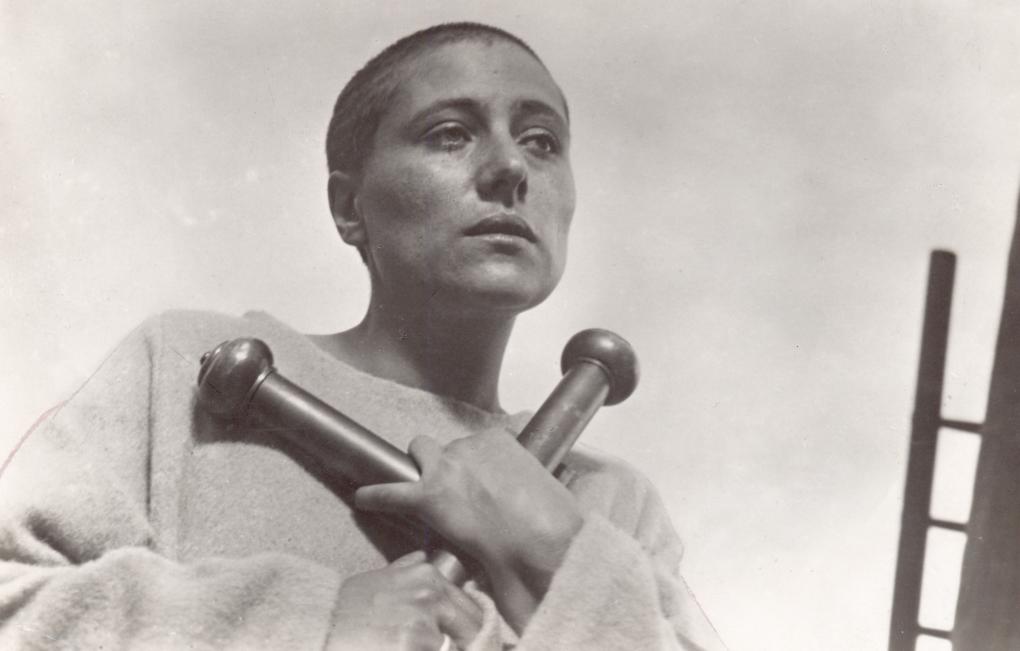La Passion de Jeanne d'Arc (#01-77-2)
La Passion de Jeanne d'Arc (#01-23-3)
La Passion de Jeanne d'Arc (#02-98-2)
La Passion de Jeanne d'Arc (#02-94-2)
La Passion de Jeanne d'Arc (#02-103-2)
La Passion de Jeanne d'Arc (#02-103-3)
La Passion de Jeanne d'Arc (#02-107-2)
La Passion de Jeanne d'Arc (#02-107-3)
La Passion de Jeanne d'Arc (#02-111-2)
La Passion de Jeanne d'Arc (#02-111-3)
La Passion de Jeanne d'Arc (#02-115-2)
La Passion de Jeanne d'Arc (#02-115-3)
La Passion de Jeanne d'Arc (#02-119-2)
La Passion de Jeanne d'Arc (#02-119-3)
La Passion de Jeanne d'Arc (#02-123-2)
La Passion de Jeanne d'Arc (#02-123-3)
La Passion de Jeanne d'Arc (#02-127-2)
La Passion de Jeanne d'Arc (#02-127-3)
La Passion de Jeanne d'Arc (#02-131-2)
La Passion de Jeanne d'Arc (#02-131-3)
La Passion de Jeanne d'Arc (#02-135-2)
La Passion de Jeanne d'Arc (#02-135-3)
La Passion de Jeanne d'Arc (#01-07-2)
La Passion de Jeanne d'Arc (#01-03-2)
La Passion de Jeanne d'Arc (#01-07-3)
La Passion de Jeanne d'Arc (#01-11-2)
La Passion de Jeanne d'Arc (#01-11-3)
La Passion de Jeanne d'Arc (#01-15-2)
La Passion de Jeanne d'Arc (#01-15-3)
La Passion de Jeanne d'Arc (#01-19-2)
La Passion de Jeanne d'Arc (#01-19-3)
La Passion de Jeanne d'Arc (#01-23-2)
La Passion de Jeanne d'Arc (#01-27-2)
La Passion de Jeanne d'Arc (#01-27-3)
La Passion de Jeanne d'Arc (#01-31-2)
La Passion de Jeanne d'Arc (#01-31-3)
La Passion de Jeanne d'Arc (#01-35-2)
La Passion de Jeanne d'Arc (#01-35-3)
La Passion de Jeanne d'Arc (#01-39-2)
La Passion de Jeanne d'Arc (#01-39-3)
La Passion de Jeanne d'Arc (#01-43-2)
La Passion de Jeanne d'Arc (#01-43-3)
La Passion de Jeanne d'Arc (#01-47-2)
La Passion de Jeanne d'Arc (#01-61-2)
La Passion de Jeanne d'Arc (#01-61-3)
La Passion de Jeanne d'Arc (#01-63-2)
La Passion de Jeanne d'Arc (#01-63-3)
La Passion de Jeanne d'Arc (#01-65-2)
La Passion de Jeanne d'Arc (#01-65-3)
La Passion de Jeanne d'Arc (#01-67-2)
La Passion de Jeanne d'Arc (#01-69-2)
La Passion de Jeanne d'Arc (#01-69-3)
La Passion de Jeanne d'Arc (#01-71-2)
La Passion de Jeanne d'Arc (#01-71-3)
La Passion de Jeanne d'Arc (#01-73-2)
La Passion de Jeanne d'Arc (#01-73-3)
La Passion de Jeanne d'Arc (#01-75-3)
La Passion de Jeanne d'Arc (#01-79-3)
La Passion de Jeanne d'Arc (#01-81-2)
La Passion de Jeanne d'Arc (#01-03-3)
La Passion de Jeanne d'Arc (#01-75-2)
La Passion de Jeanne d'Arc (#01-79-2)
La Passion de Jeanne d'Arc (#01-77-3)
La Passion de Jeanne d'Arc (#01-81-3)

